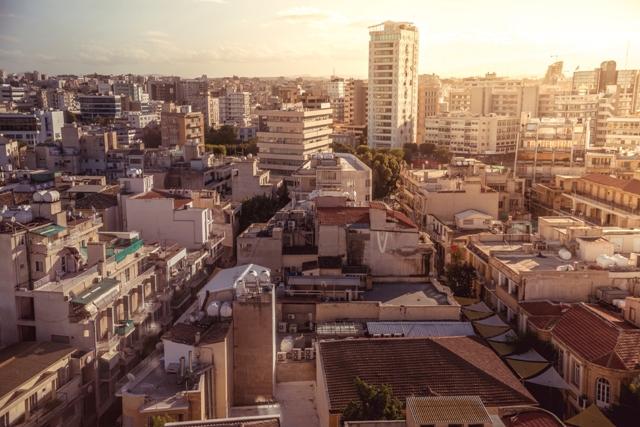 Mustafa Akinci proposes confidence-building measures to bring the Greek Cypriots onside.
Mustafa Akinci proposes confidence-building measures to bring the Greek Cypriots onside.
The election of the left-wing moderate Mustafa Akinci as the Turkish Cypriot prime minister in late April, and the fact that he was literally bearing an olive branch as his convincing victory over the conservative incumbent Derviş Eroğlu was announced, was seen as a positive step towards the eventual resumption of peace talks on the disputed island.
The on-off negotiations on reunifying the Mediterranean island, which has been divided since the Turkish army invaded in 1974 in response to a coup aimed at unifying the island with Greece, broke down last October amid some rancour, after a Turkish ship began prospecting for gas off the coast. Few observers could have expected that within days of Akinci being sworn in, and after a United Nations envoy brokered talks that convinced the Greek Cypriot leader, Nikos Anastasiades, to return to the table, peace talks would restart.
There are many good omens as discussions resume: Akıncı is an experienced politician—three times mayor of Nicosia’s Turkish sector in the 1970s and a former deputy prime minister who also stood as a presidential candidate—and there seems a widespread readiness to finally hammer out a deal. He founded the Peace and Democracy Movement to promote the Annan plan for reunification leading to a federation and thence, as a united Cyprus, into the European Union, and for the analyst George Kyris, writing in the Guardian, the spontaneous celebrations of Akinci’s victory were ‘reminiscent of that of 2004, when Turkish Cypriots rallied behind reunification and EU accession.’
Furthermore, as Yusuf Kanli, a columnist with Hürriyet, said: ‘Most Turkish Cypriots have been fed up with Turkey’s growing arrogance towards northern Cyprus, as well as being left out in the cold by the international community.’ This tension spilled out in a row between Akinci and Recep Tayyip Erdoğan, after the Cypriot politician told the Turkish president that the relationship between the territory and Ankara (still the only country to recognise it as a sovereign state and bolstering the self-declared republic militarily, economically and politically) was one of ‘brothers and sisters’ rather than ‘motherland and child’, as Erdoğan—and every Turkish leader before him—maintained).
Another hopeful sign was Turkey and Greece agreeing security measures to ease tensions in the Aegean Sea, where the two countries have long been in low-level conflict over territorial borders. The Nato allies went to the brink of war over the dispute as recently as the 1990s, Reuters reported. The Turkish foreign minister, Mevlüt Çavuşoğlu, and his Greek counterpart, Nikos Kotzias, both spoke of progress in the Cyprus talks. ‘Turkey and Greece are giving their full support, the international community is giving its support. 2015 is a good opportunity, we do not want to miss this window,’ Çavuşoğlu said.
Akinci proposes confidence-building measures to bring the Greek Cypriots onside, such as reopening the ghost town of Varosha in Famagusta, which has lain empty since 1974. ‘Akinci is a rather different leader, and he is expected to focus on the role of society in reconciliation rather than on just the official negotiations,’ said Kyris.
As the Hürriyet’s Kanli pointed out, there are many obstacles to overcome, not least how to manage the large gas fields discovered offshore, and the painful question of land and property seized or abandoned when the population divided along religious lines in the 1970s.
No wonder that Akıncı tried to play down expectations, warning: ‘I am not a magician. I will work for a deal by the end of this year. But without Greeks committing themselves as well, no success is possible.’ Nevertheless, it is the most promising moment for Cyprus in a long while.



